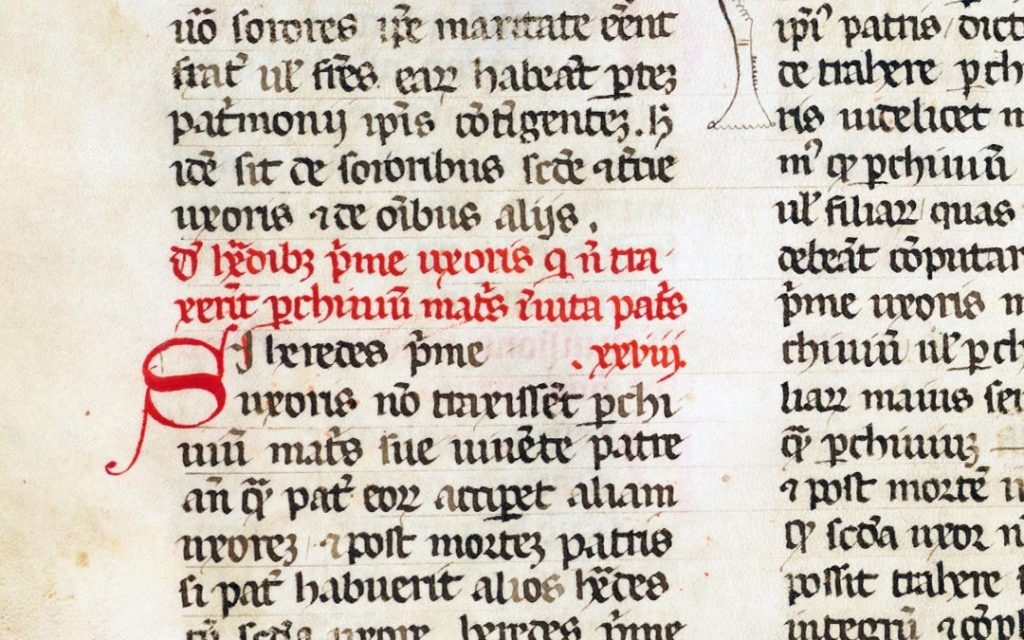
In the presence of the city authorities, and with the acclaim of the inhabitants summoned by the bell, the Statute of Dubrovnik was promulgated on 29 May 1272. It defined the foundations of the legal system for more than five centuries (until the fall of the Republic in 1808), having become a powerful symbol of Dubrovnik’s collective identity and statehood.
Apart from concrete solutions to the needs of the local community, it incorporates a threefold tradition: urban culture of the Mediterranean cities, the principles of prudent administration articulated in the political thought and practice of the thirteenth century, and above all, the rich European legal heritage which in the Middle Ages developed on the legacy of the Roman and canon law.
Originally written in Latin, in more recent times the text of the Statute has been translated into Croatian and English. With its chapters on administration and judiciary, on family and inheritance law, on crimes and penalties, on the challenges of maritime trade and urban setting, the Statute of Dubrovnik is an ideal companion to the early centuries of Dubrovnik’s and European legal culture, and a colourful source of the everyday life of a medieval Mediterranean city.
In the presence of the city authorities, and with the acclaim of the inhabitants summoned by the bell, the Statute of Dubrovnik was promulgated on 29 May 1272. It defined the foundations of the legal system for more than five centuries (until the fall of the Republic in 1808), having become a powerful symbol of Dubrovnik’s collective identity and statehood.
Apart from concrete solutions to the needs of the local community, it incorporates a threefold tradition: urban culture of the Mediterranean cities, the principles of prudent administration articulated in the political thought and practice of the thirteenth century, and above all, the rich European legal heritage which in the Middle Ages developed on the legacy of the Roman and canon law.
Originally written in Latin, in more recent times the text of the Statute has been translated into Croatian and English. With its chapters on administration and judiciary, on family and inheritance law, on crimes and penalties, on the challenges of maritime trade and urban setting, the Statute of Dubrovnik is an ideal companion to the early centuries of Dubrovnik’s and European legal culture, and a colourful source of the everyday life of a medieval Mediterranean city.